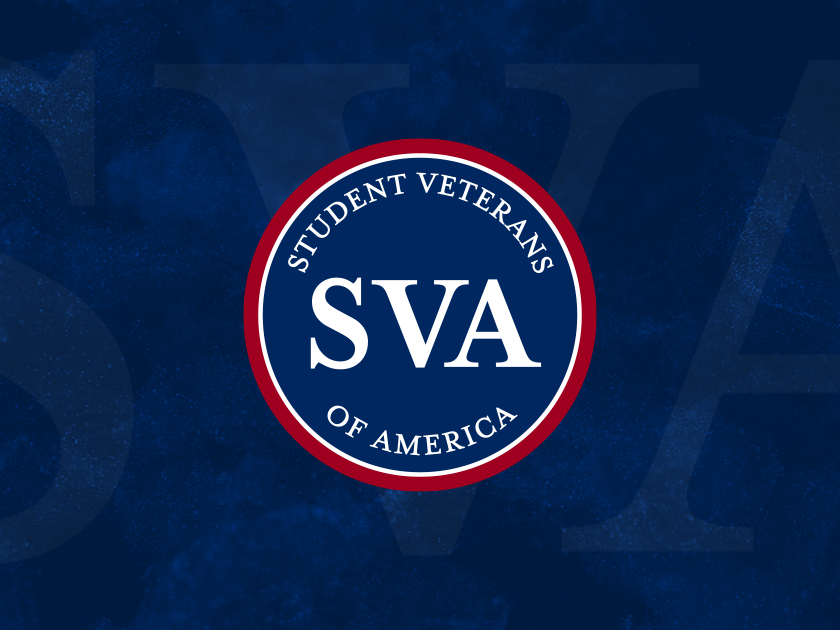
What the CARES Act Means for Student Veterans, Service Members, and their Families
What is the CARES Act and what does it do for students?
On March 27, 2020, the President signed into law H.R.748, the “Coronavirus Aid, Relief, and Economic Security” or “CARES Act”. This bill provides much needed relief for millions across the country, including students. While additional support will be needed, this legislation helps students now as they grapple with the effects of the COVID-19. Depending on a student’s circumstances, they may expect direct cash payments, expanded unemployment insurance, additional financial aid, continued work study payments, and student loan relief. The bill’s major provisions relevant to students are summarized below:
- $1,200 Direct Cash Payment – Provides a one-time $1,200 check to most non-dependents making up to $75,000 and $2,400 to most people who file taxes jointly up to $150,000.
- Expands and Increases Unemployment Insurance for Workers – Expands eligibility for employment insurance including to those who are freelancers, gig economy workers, self-employed, or furloughed. Increases unemployment compensation by $600.
- Millions of Dollars to Help Students and Schools – Provides $14.25 million to help students and schools address the immediate impacts of COVID-19.
- Approved Leaves of Absence – Authorizes schools to grant students approved leaves of absence due to a qualifying emergency.
- Additional FSEOG Grants – Allows schools to provide additional FSEOG financial aid to students affected by COVID-19.
- Continued Federal Work Study Payments – Authorizes schools to continue making Federal Work Study payments to students when students cannot satisfy work study obligations due to the Coronavirus. Please note: This does not extend to VA Work Study payments. SVA continues to advocate for similar payment protections for VA Work Study payments and will provide updates on the issue as it develops.
- Student Loan and Pell Grant Protections – If a student drops out due to COVID-19, that term will not count against their lifetime eligibility for subsidized loans or Pell Grants. If a student drops out because of COVID-19, the grades attributable to the drop-out will not jeopardize a student’s compliance with federal academic requirements for continued receipt of student loans and Pell Grants. Students will not have to return federal student loans or Pell Grants if they drop out due to the Coronavirus. These Pell Grants will not count toward students’ overall cap on the use of those Pell Grants.
- Student Loan Payment Suspension and Cancellation – The Department of Education (ED) must suspend payments, principal, interest, and fees on Federal Direct Loans and FFEL Loans for six (6) months through September 30, 2020. These months will count toward Public Service Loan Forgiveness (PSLF), other federal student loan forgiveness programs, and for purposes of loan rehabilitation. Suspended payments will also count as payments for consumer reporting agency purposes. Involuntary collections (e.g., wage garnishment) on federal student loans will be suspended during this time. ED must cancel the portion of a student’s loan obligation, for the relevant payment period, when that student withdraws due to the Coronavirus.
- Increased Flexibility for International Distance Learning – During the COVID-19 emergency, foreign schools can provide distance learning to U.S. students receiving federal financial aid and can enter into agreements with U.S. institutions to allow students of the foreign institution to take online classes with the U.S.-based institution.
For information on more recent COVID-19 relief, please see our summaries of the final bills of the 116th Congress and the Johnny Isakson and David P. Roe, M.D. Veterans Health Care and Benefits Improvement Act of 2020.